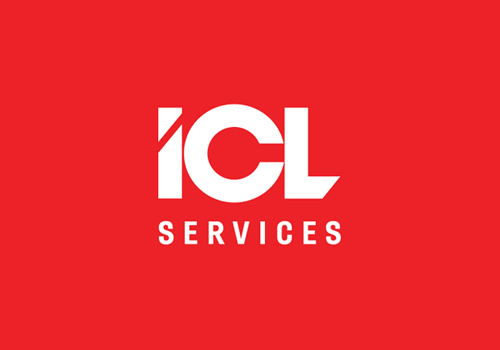Key Challenges
Increase store revenue.
Reduce staff turnover.
Increase employee involvement in the company's business processes.
- Create a unified corporate culture at all locations.
Implemented our solution
The ICL Services team worked on the project in several stages, each aiming to improve a specific internal corporate unit.
Identifying and training unofficial leaders
In order to prepare the staff for the current project, our specialist began by introducing all employees to lean manufacturing ideas. They received their training in an informal setting at the ICL Services office, with lots of practice and case studies, allowing them to master new tools and develop behavior patterns that fit a culture of continuous improvement.
The training process helped identify unofficial leaders, the so-called "champions of change" (hereinafter referred to as "Champions"), who were then put in charge of improvement tasks.
Involving managers
The team's task was not just to train managers in Lean tools, but to help them see and understand how they can go on maintaining a culture of continuous improvement without any input from the project team.
Improving communication
The third step to build a solid foundation for the new culture was to improve communication, both within specific locations and, for example, between stores and warehouse employees.
ICL Services specialists created independent communities of location and department representatives that could interact at special meetings, discussing improvements aimed at increasing revenue and consumer satisfaction. Such meetings helped to identify critical problems that interfered with the employees' work and reduced their motivation: poor interaction with warehouses, excessive administrative work, and other issues.
Organized communities reduced the burden on managers and delegated ongoing tasks to the Champions, who were eager to perform managerial functions and hone their skills.
At this stage, employees and managers already began to see the positive impact, which took the form of both better performance indicators and subjective moral improvement.
Problem solving by cross-team communities
Below, are a few examples of applying Lean tools
Spaghetti Diagram
The Champions discovered that store and warehouse employees were wasting a lot of time on unnecessary movements. They created a visual diagram to highlight problem areas and subsequently introduce several improvements.
Cross-team problem-solving sessions
The Champions prioritized critical issues that concerned warehouse interactions. Holding problem-solving sessions allowed them to break down the problem into steps, understand different perspectives, identify the true root causes through a "5 Why's" approach, and decide how to improve the situation.
Previously, employees had been unable to agree on solutions because all conversations had devolved into finding a scapegoat to blame. Now, however, the sessions were held in a positive environment.
Working out visitors' requirements according to the Kano model
One of the methods for dealing with visitor requirements was their categorization according to the Kano model. Several brainstorming sessions were held with store employees and visitor focus groups to identify the highest-priority requirements and discuss what should be improved in stores to increase the average check.
Results
- The number of regrading and other warehouse er-rors decreased by 7%.
- Line staff turnover de-creased by 18%.
- The average revenue per sales-room employee increased by 12%.

